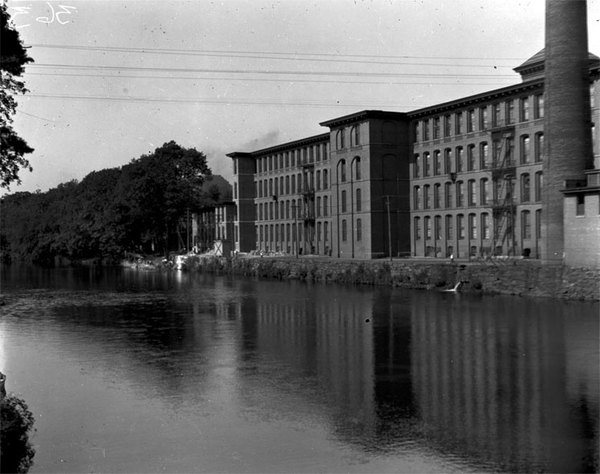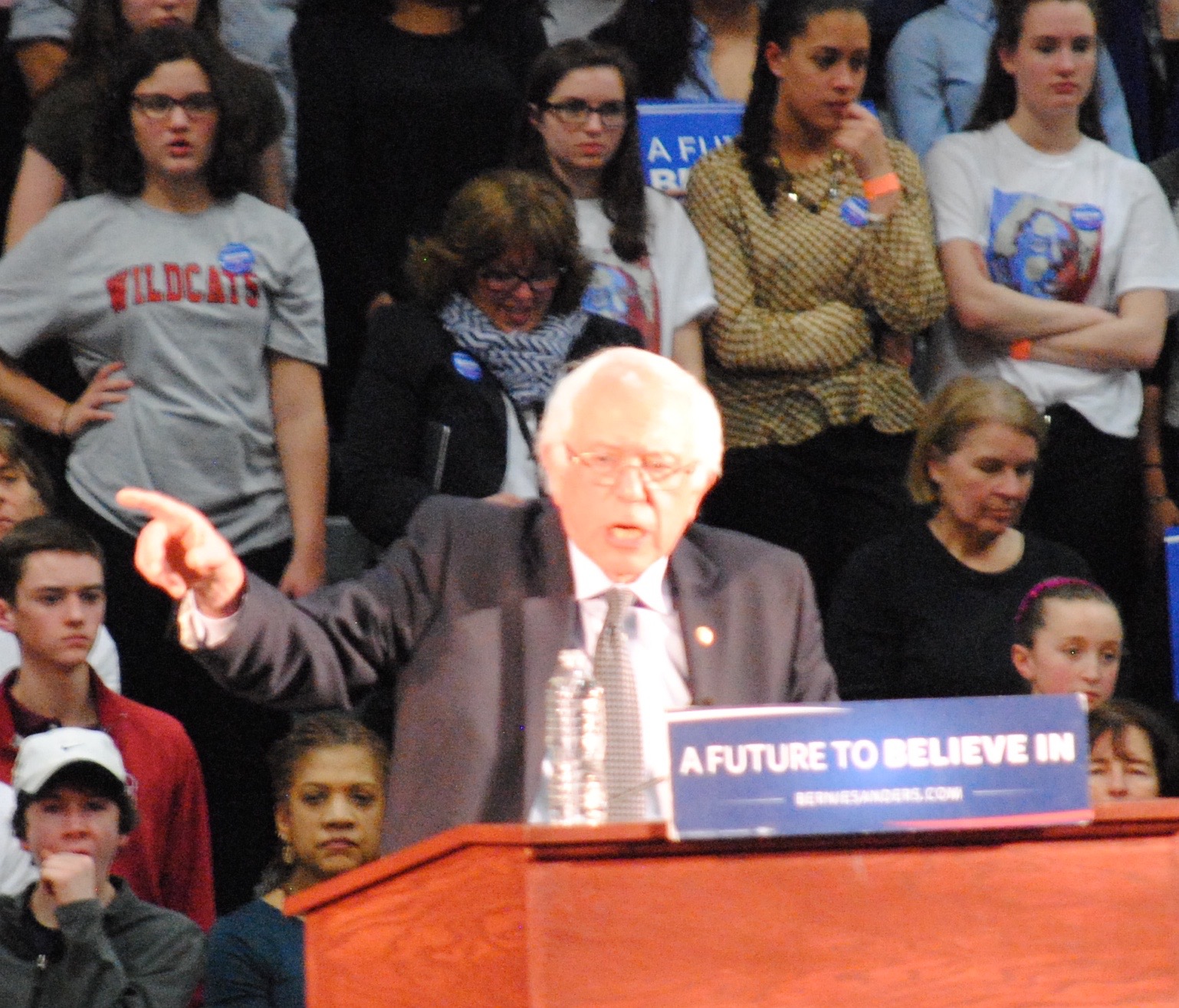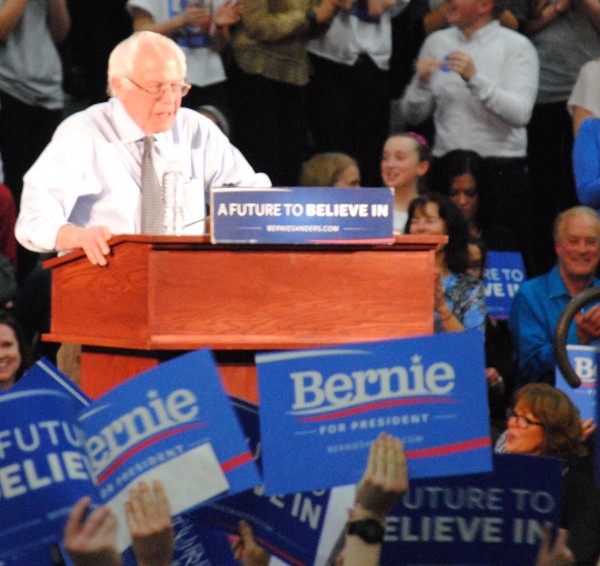
I have been asked to provide a bit of context and contrast this evening about the economic environment we find ourselves in.
Economic growth is dead in the old mill towns of the industrialized west, and it is never coming back. There will still be economic growth in the tropics and Asia, the places there are still untapped natural resources and indigenous communities to plunder and the cities are swelling with people streaming out of the countryside. But in the eastern United States and western Europe what passes for growth is simply the financialization of the economy that is letting the 1 percent scoop up all of what is called growth while everyone else gets poorer, the ecosystems collapse, and the infrastructure fails.
On January 31 2016 the entire front page of the Sunday New York Times Book Review section was devoted to three books exploring the end of economic growth. It is time for those working in economic development to understand the new environment better and to prepare plans that match its opportunities rather than repeat the old stories. Don’t try to spin the growth machine faster, that makes it worse for most of us. We must adapt RI economic development to the low growth environment and work to create a more widespread prosperity through reviving ecosystems and economic justice.
The Brookings report offers Rhode Island jobs for 20 to 25 percent of the population, with no plan on how to create jobs in the neighborhoods that need jobs at a living wage. It promises riches if we take orders from the Koch Brothers, underfund our infrastructure and our schools by cutting taxes, and bet on industries that are harmful to the community or make jobs disappear. We are admonished to follow the dictates of the business climate indexes, but there is no correlation between a state’s business climate rankings and the health of its economy. While simple and efficient processes are important, the history, resource base, and culture of a community are much more important than the business climate in determining economic success, and there is no evidence that lax environmental, public health, and safety standards improves the economy in our neighborhoods any more than subsidies to the 1% to build baseball stadiums.
Our response to climate change is much more important than the business climate. Our willingness to end the use of fossil fuels, create zero net energy buildings, generate electricity from the sun and wind, grow much more of our own food, and sequester carbon in the soil will determine our fate.
As growth and jobs fade into the sunset reducing inequality in the ownership of assets becomes much more important. As Piketty notes, the growing inequality in and of its self is grinding down the economy. An economic plan offering subsidies to the rich for industries that are shedding employment, and chock full of subsidies to the real estate industry is one that leaves our communities behind.
I would like to have more time to devote to the relationship between what is happening in the forest and what is happening in Rhode Island. The World Bank says that keeping the forest in the hands of the forest people, and assets in the hands of the poor, gives better outcomes than any other strategy for development and may be the only chance we have to stop climate change. This information needs to inform how we redevelop our old riverine neighborhoods. The disempowered, disenfranchised and marginalized people of our Environmental Justice communities mirror many of the problems rainforest people have in dealing with development, and the solutions in the forest work here too. Build economies from the bottom up, not the top down.
A holistic approach to the health of our communities; reducing pollution, reducing harms, good nutrition, serves our communities better than our current obsession with using high tech biomedical businesses to grow the economy. Here is one little fact. It is absolutely impossible to have affordable healthcare for all if you use the medical industrial complex to drive economic growth. When the healthcare industry grows faster than our wages the industry draws investment while most of us still can not afford to go to the doctor.
Finally, pay attention to the resistance. It is global, and brings the wisdom of the world to your neighborhood. Building more fossil fuel infrastructure such as gas pipelines and power plants will create stranded assets, pollute vulnerable communities, and add to the climate disasters
We can live in Flint, we can live in Ferguson or we can have prosperous communities that heal ecosystems and practice justice. It’s your choice.
[Originally published here.]


 There is a sense of entitlement that comes from the Clinton campaign. One such example is the “I’m Ready for Hillary” bumper sticker, as if she is waiting in the wings; another is the term “coronation,” which was bandied about early on in Clinton’s candidacy when no one else challenged her. Some of her supporters even believe that Clinton deserves the White House, that she’s been ready for it for years, and that, regardless of who challenges her, she will be the next president by virtue of being Hillary Clinton.
There is a sense of entitlement that comes from the Clinton campaign. One such example is the “I’m Ready for Hillary” bumper sticker, as if she is waiting in the wings; another is the term “coronation,” which was bandied about early on in Clinton’s candidacy when no one else challenged her. Some of her supporters even believe that Clinton deserves the White House, that she’s been ready for it for years, and that, regardless of who challenges her, she will be the next president by virtue of being Hillary Clinton.

